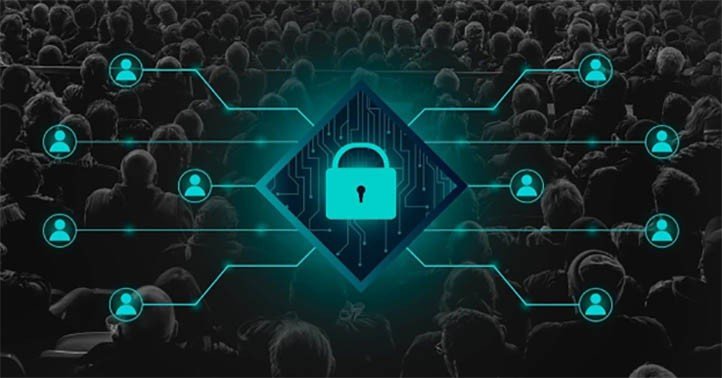Exploring the Pros and Cons of VPNs
We delve into the advantages and disadvantages of a Virtual Private Network (VPN). While VPNs offer a plethora of benefits, they also come with a few drawbacks. However, the benefits significantly outweigh the drawbacks, making it a valuable tool worth investing in. We examine all these aspects in this article.
Understanding VPNs and How They Work
In today’s digital age, identity theft is a common concern. However, a new browsing tool called a VPN can help prevent this. A VPN, or Virtual Private Network, is a secure connection between a device and the internet. It encrypts user data and routes it through remote servers, effectively masking the IP address and location. This encryption ensures that the user’s online activities remain private and secure from threats, whether browsing the web, accessing confidential information, or streaming content.
The Benefits of Using a VPN
Using a VPN comes with numerous advantages. Let’s explore them to better understand this powerful tool:
– Enhanced Privacy: One of the key benefits of using a VPN is the increased privacy it offers. By encrypting your internet traffic and hiding your IP address, VPNs prevent third-party entities from monitoring your online path.
– Secure Data Transmission: VPNs establish a secure conduit for transmitting data across public networks like Wi-Fi hotspots, protecting confidential information from interception by cybercriminals and other threats.
– Access to Geographically Restricted Content: VPNs allow users to bypass geographic blocking restrictions, ensuring access to region-blocked content, such as streaming platforms and websites, from anywhere in the world.
– Anonymous Browsing: With the help of a VPN, individuals can browse the internet anonymously, as their real IP address remains hidden. This layer of anonymity makes it difficult for websites and online platforms to track and monitor users’ online activities.
– Improved Online Security: VPNs offer an additional layer of defense against cyber threats as they encrypt data transmissions, reducing the risk of unauthorized access to personal or confidential information.
– Censorship: In regions where internet censorship is prevalent, VPNs provide a means to bypass restrictions imposed by governments or organizations, allowing users unrestricted access to internet content.
– Remote Access: VPNs facilitate secure remote access to corporate networks and resources for remote employees, ensuring data confidentiality and integrity.
– Preventing Bandwidth Throttling: Throttling is when your Internet Service Provider (ISP) deliberately slows down your internet speed, limiting your bandwidth for certain websites. By using a VPN, users can avoid throttling and maintain consistent internet speeds for all online activities.
– Protection on Public Wi-Fi: VPNs are essential for protecting data when connecting to public Wi-Fi networks, as they encrypt internet traffic, preventing unauthorized access and potential data breaches.
The Drawbacks of Using a VPN
While VPNs offer numerous benefits, they also have some drawbacks that users should consider:
– Reduced Internet Speed: Due to the encoding and routing of data through remote servers, VPNs can sometimes result in slower internet speeds, especially during times when general VPN usage is high or when the user connects to servers located far away.
– Cost: While there are free VPN services available, they often come with limitations, such as data limits and restricted server locations. Premium VPNs, which offer more features and better performance, typically require a subscription fee.
– Complexity: Setting up a VPN can be complex, especially for users unfamiliar with technical terminology and concepts. Additionally, troubleshooting connection issues or setting up advanced features may require technical knowledge.
– Reliability: VPNs rely on the stability and security of their servers and infrastructure. If a VPN provider experiences downtime or server issues, users may encounter problems such as internet connectivity interruptions or data transmission issues.
Key Considerations
In conclusion, while using a VPN offers a multitude of benefits, it also presents some drawbacks to consider. VPNs play a crucial role in enhancing online privacy, security, and accessibility, making them indispensable tools for users wanting to stay safe online. However, it’s essential to recognize VPN limitations, such as potential reductions in internet speed or associated costs. Despite these drawbacks, the benefits of using a VPN far outweigh the disadvantages, making it a valuable investment for individuals.



